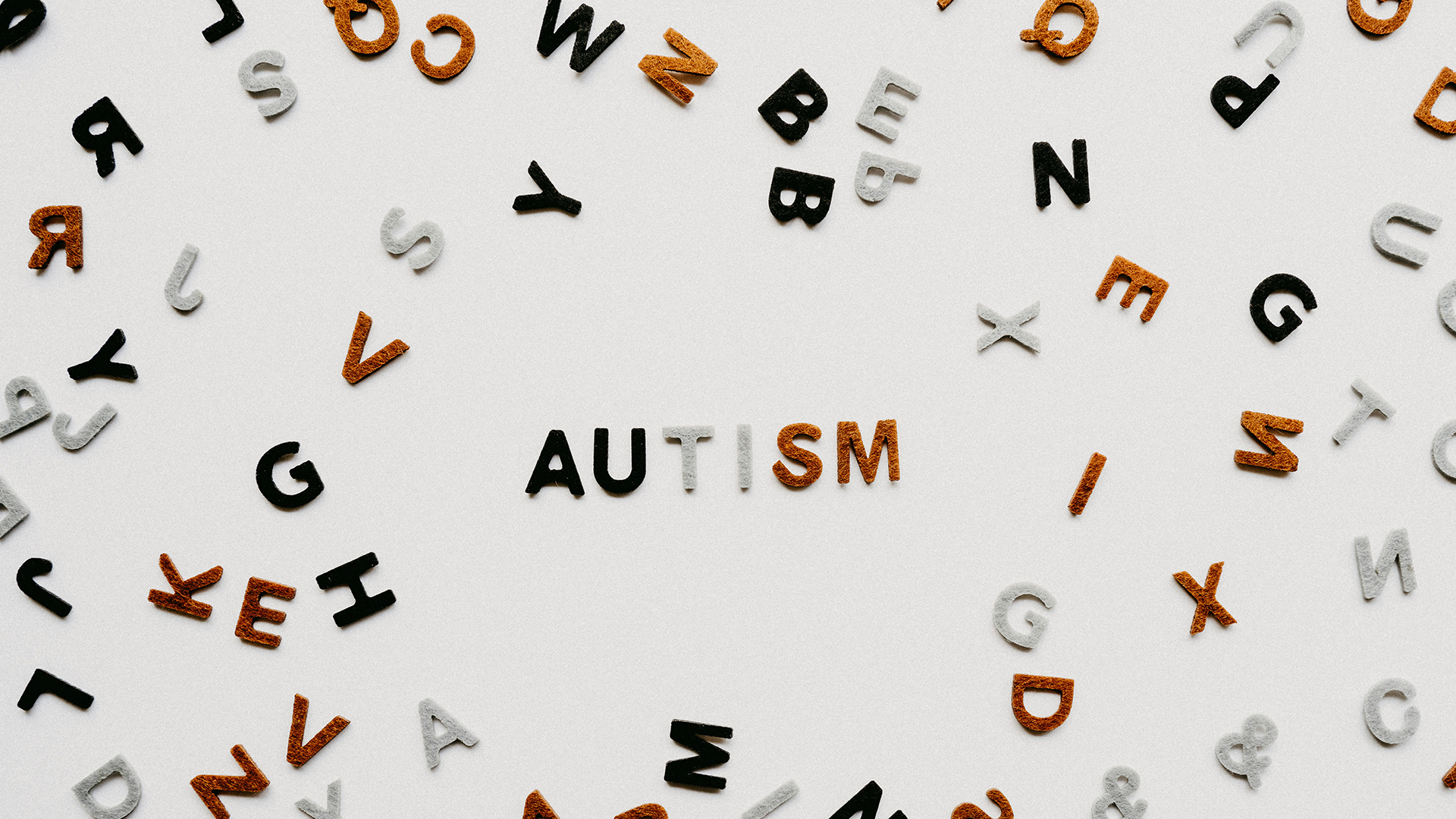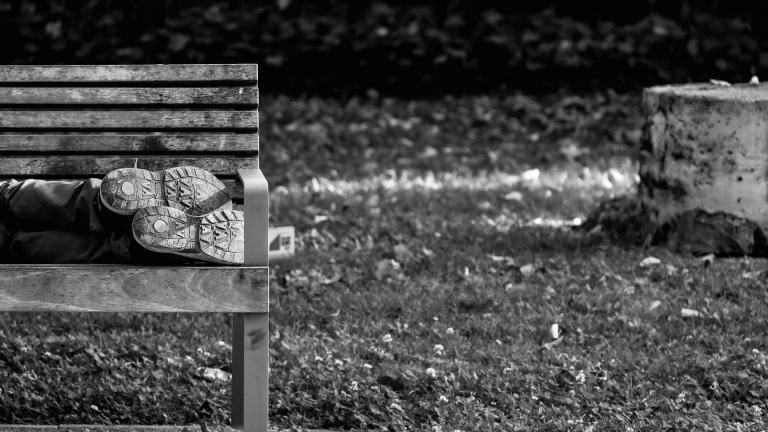Big Issue readers react to articles on the Department for Work and Pensions (DWP)’s universal credit reforms, the myth of hard work, the war in Gaza and Rishi Sunak’s footwear.
As an autistic person, the DWP makes me scared for the future
LCWRA (lmited capability for work-related activity) in universal credit is set to be reformed. Instead of financial support, hundreds of thousands of people currently considered too ill to work will be offered “personalised support to help them move closer towards work”. And if those people continue to be too ill /as far away from work as they currently are, what then? Then society further crumbles. I wonder which services will then be expected to shovel up the rubble. Or maybe there’ll just be unshovelled rubble.
The government simultaneously has targets to remove limited capability for work benefits from 100,000s (including many autistic people) and to reduce autistic mental health inpatients. Where does it suppose that autistic people who find themselves without the means to pay for housing and with no place to hide their distress are likely to end up? Having meltdowns in public because they have nowhere to hide them, and sectioned.
Unless they’re “lucky” enough to be taken in by someone, which may or may not be lucky – because being an adult taken in by someone with more resources is a power imbalance that can leave already vulnerable people more vulnerable to domestic violence, because someone previously able to live independently now can’t.
I have been worrying about this for months. And probably will for months more, until it either does or doesn’t happen. “But if you truly were too autistic/anxious/whatever to work, you’d be on a higher tier of disability benefits and this wouldn’t apply to you!,” I imagine readers thinking. Unfortunately, no. Autism is notoriously underestimated in assessments, and many autistic people (myself included) are either not able to fully communicate their needs, or considered to be too high-functioning for being able to communicate their needs (or, frustratingly, some mixture of the two). Assessments are very blunt instruments and often don’t reflect someone’s day-to-day realities nearly accurately enough to lead to an appropriate level of support. And when support is offered it is often inappropriate.
Some autistic people can work. These people are held up as success stories to the majority of us who are unwaged. “Just try harder,” people seem to say. It’s deeply patronising and implies we don’t know our own capabilities and what is best for us and how that all too evidently mismatches with society’s demands.









